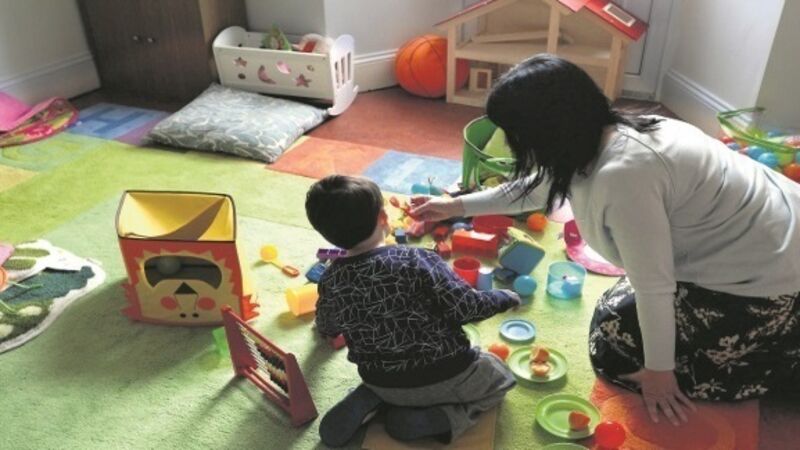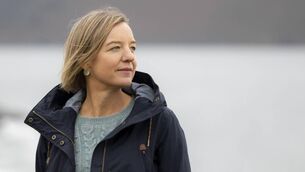The Bessborough Centre: Providing vulnerable families with building blocks for good parenting

The crib in the hall told of Christmas, as did the cards lined up in a row on the reception desk and the newly-delivered flowers waiting to be placed around the campus. The Christmas party was a few days away, and there was an undeniably festive air at the Bessborough Centre on the outskirts of Cork City.
Maybe it hasn’t always been like this, but that’s another story — that’s certainly the view of Dr Thomas Quigley, chief executive of the Bessborough Centre, and a defender of the here and now.
















